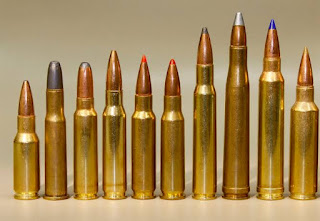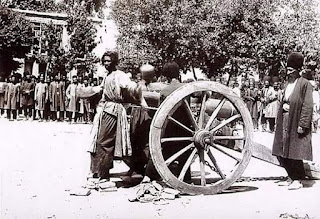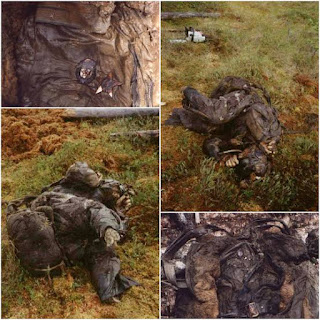What a bullet does to a human body–world history and facts
What a bullet does to a human body
Bullets enter your body and spin, rotate, bounce off of other body parts, and wreak havoc on your organ.
Bullets give you a brutal lesson in physics, and the power of mass moving at high speeds. Shrapnel just takes the experiment to the next level.
If a bullet only traveled 100 mph it wouldn’t be all that bad. But seeing as they typically go 1500+ mph, it typically doesn’t end well for the tissue involved.
Bullets typically break the sound barrier when shot which adds to their noise.
Movies make silencers sound like bullets are so quiet like someone is blowing through a straw. But it’s definitely louder than that.
The main reason bullets are dangerous—is because of the people wielding them. They are either hostile or don’t know what they are doing.
When bullets enter a human body, they don't just pierce tissue, they shatter bones and dislocate limbs.
When bullets enter a human body, they don't just pierce tissue, they shatter bones and dislocate limbs. A injury to the intestines can mean a colostomy bag for life. For a child, a hit to a growth plate can result in two limbs of permanently different lengths.
"If you survive, it is life changing, because of injuries associated with a bullet ripping through human tissue," said Bill Smock, a police surgeon at the Louisville Metro Police department. "If it rips through your spinal cord and you survive, you will be a paraplegic or a quadriplegic. If it hits your brain, you will be changed forever."
At Fallat's hospital in Louisville, Kentucky, and many others, a disaster plan activates as soon as emergency dispatch centers receive word of a mass shooting, she said. All hospital staff, including doctors, nurses, blood bank staff, radiology and surgeons, are paged, even if they're at home and not on call. Elective surgeries are cleared to free operating rooms. Specialty surgeons are often called in.
Neurosurgeons treat gunshot wounds to the brain; cardiac surgeons, the heart. Orthopedic surgeons and hand surgeons manage wounds to extremities. General surgeons operate on the torso and chest wounds.
Smock is a forensic surgeon. That means he studies gunshot wounds in living patients.
There is a tremendous difference in the amount of energy associated with a bullet from an AR-15 rifle and that of a handgun, he said. Nikolas Cruz, the shooting suspect who opened fire on Marjory Stoneman Douglas High School in Parkland, Florida, killing 17 people, used an AR-15 semi-automatic rifle, according to local police.
If a bullet from a handgun strikes a liver, it injures the organ by poking a hole and causing tissue disruption around the path of the bullet. More specifically, a 9-millimeter handgun creates a hole that disrupts three quarters of an inch around the bullet's path, Smock said.
"But with a rifle round, you have massive tissue disruption."
"But with a rifle round, you have massive tissue disruption," Smock said. "Rather than three quarters of an inch around the wound path, it is disrupted three to four inches around that same tissue."
On Thursday, three emergency department physicians joined Broward County Sheriff Scott Israel and Florida Gov. Rick Scott during a press conference on the Parkland shooting. Among them was Dr. Evan Boyer, medical director for Broward Health North's Department of Emergency Medicine.
"Nowadays, unfortunately, we do drills for this," he said. This is the second time Broward County has handled a mass shooting, Trauma Medical Director Dr. Ivan Puente said. They "are becoming routine for us now."
The 14-year-old that Fallat treated for the abdomen bullet wound had what she called "a good outcome." After a four-hour surgery, he spent two weeks in the hospital and returned for two follow ups, with no complications.
But gunshot injuries have gotten worse in the 30 years she's been treating patients, she said. "We didn't see injuries from assault weapons when I was training," she said. "This is something new."
"The ones that tug at my heartstrings are those individuals that have long term problems, who are paralyzed, whose life is changed from a stray bullet, Smock said. "The availability of guns in the hands of young people — it's unwarranted in a civilized country."



.jpg)

.jpeg)




.jpeg)

Comments
Post a Comment